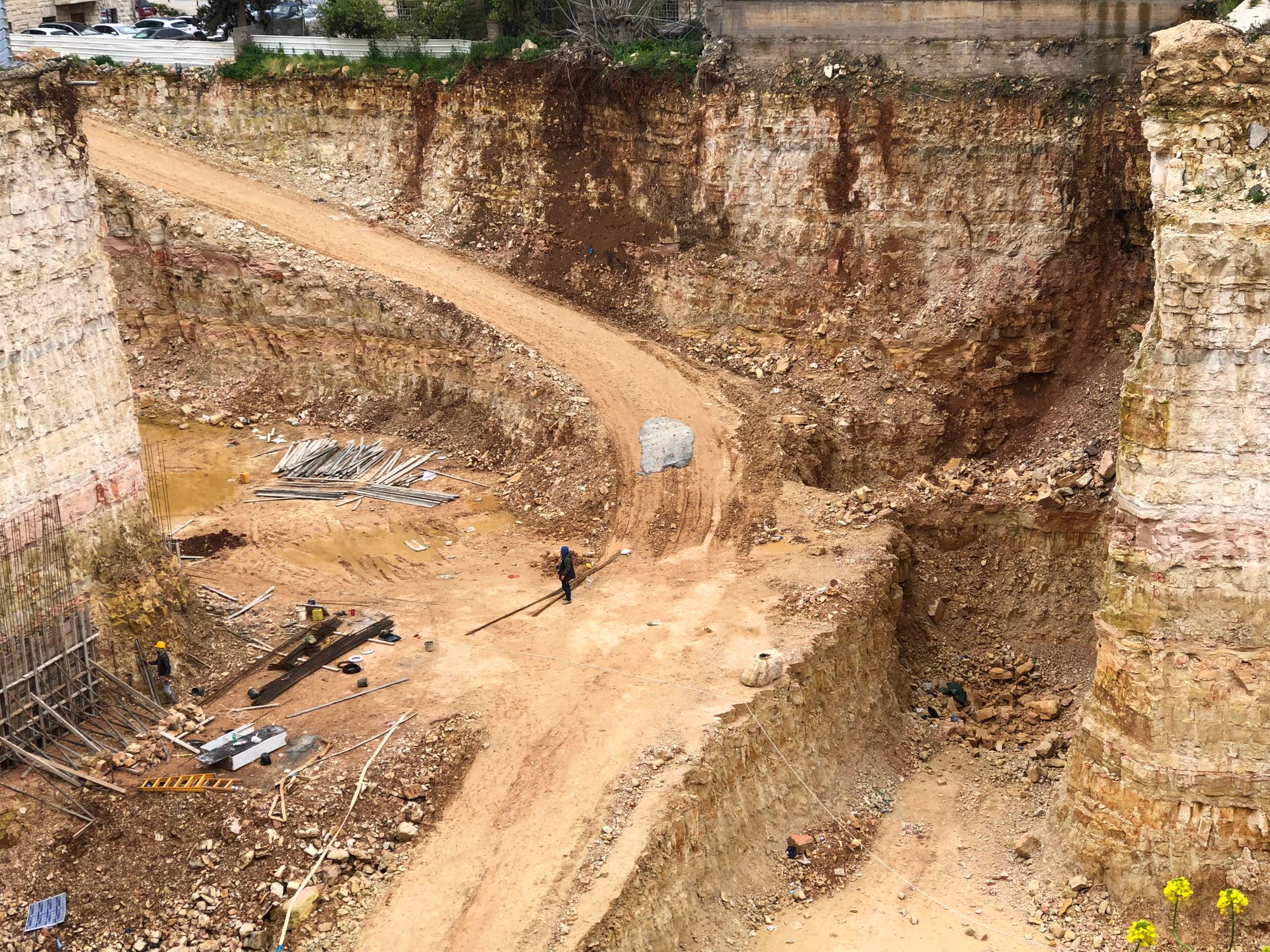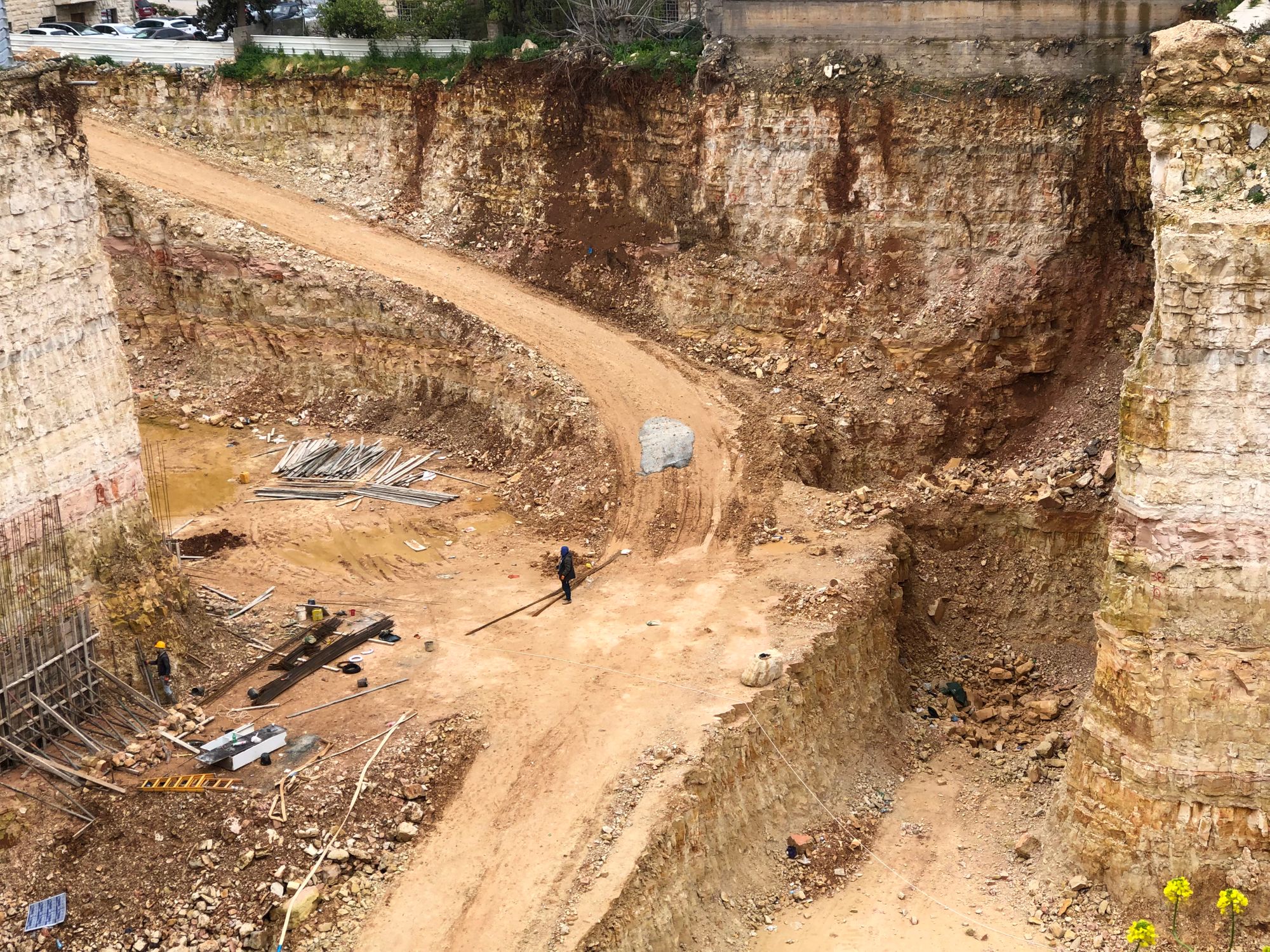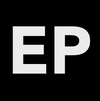
INVITATION to EXIT PLANS:
The Communist Museum of Palestine and the De-School Palestine invite you to take part and contribute to the first iteration of EXIT PLANS, organized in collaboration with Ashkal Alwan.
EXIT PLANS names various processes that unfold in different parts of our worlds, where groups, collectives, communities are attempting to use whatever resources they have or can derive from existing institutions to build infrastructures and ways of existing and subsisting outside of them.
EXIT PLANS is an attempt to think collectively about the institutionalized processes, forms, and relations we seek to exit from and the ones we prefer to engender. If the virus and the pandemic have globally exposed the deep inequalities rooted in colonial, patriarchal, capitalist institutions, values, and valuations; then, what kind of measures can be taken to stop or extract our communities from reproducing the forms, dynamics, and institutions which perpetuate their multiple forms of violence?
EXIT PLANS is an invitation to investigate and share approaches to life in common—one which resists conditions and processes that destroy and negate life in its many forms and differences.
We see Palestine as a particularly urgent place for these investigations, but the questions raised are not unique to it.
The first iteration of EXIT PLANS will take place on August 21st as an online colloquium. This series of encounters will unfold over time and adapt in form, attempting to open to art’s capacity to instaur[1] other ways of living/thinking/becoming-in-common, of relating to one another and our worlds, especially in the midst of and against perpetually deteriorating socio-ecological conditions.
Date: Friday August 21, 3:00-9:00pm Palestine Time.
The first edition will take the following questions as a departure point:
● How do we exit the reproduction of institutions which continue to perpetuate and normalize the violence our communities are exposed to?
● What do we do with existing institutions? Are we able to repurpose those which have embedded within them colonial, racist, capitalist, and patriarchal conditionings? How to imagine and enact movements of destitution?
● How do we affirm, reclaim, and weave with existing, inherited, vernacular, informal, non-hierarchical structures of support as well as care for common life?
We also see this invitation as a way of connecting to people, groups, and initiatives who may be interested to share their own experiences and attempts to instaur, seed, de/construct, and think through these questions with us. For those who are interested in joining the colloquium and/or sharing their research or work related to these questions, please write to: exit@communistmuseum.org
THE EXIT PLANNING OF THE COMMUNIST MUSEUM OF PALESTINE
I. Phase One
At the beginning of 2018, a process was initiated to realize what has tentatively been named the Communist Museum of Palestine.
That naming is both a provocation and the opening of a conversation into the ways neoliberal forms of institution-making have been central over the last 50 years in imposing and normalizing colonial, capitalist, and patriarchal rationalities, values, and operations into the supporting structures of common life, especially in existing and so-called former colonies. Part of this process has been to impose, institute, assert, force and enforce forms of commonality that produce individuality, and forms of community which are only a sum of isolated individuals acting out of self-interest, self-advancement, self-development, and self-speculation.
The task of realizing this museum has been as much about deconstruction as it has been about reclamation. We took as a starting point three words, names, ideas, and knots full of promises as well as enclosures, foreclosures, and limits.
Communist. Museum. Palestine.
By narrating and thinking these words anew, in relation to other words, names, and notions, how can we arrive at other ways of relating to each of them and our own world-making potencies, especially in this period of ever-enlarging circles of destruction and impotence?
We have developed in conversation the premise that this museum already exists. It exists in every Palestinian home, where a vulnerable archive, important materials, testimonies, stories, sayings, documents, objects of art, tools, recordings, traces, dances, gestures, fragments of history, and culture have been passed on hand to hand and mouth to mouth—embodied, presevered, and cared for. They have been maintained through an inherently anarchist, feminist, decolonial, and communist (“from each according to their abilities to each according to their needs”[2]) ethics. In this light, the museum can also be called the Feminist Museum of Palestine, the Decolonial Museum of Palestine, the Anarchist Museum of Palestine, the Vernacular Museum of Palestine.
Moreover, the task of 'realization' is not a simple matter of instituting, but could be closer to destituting or even instauring, a desertion rather than an assertion.
The proposition of this museum would thus weave these vernacular archives preserved inside homes together with artworks contributed by artists from Palestine and beyond. Through this process of inter-weaving different artifacts and sensibilities, new kinds of support structures, contexts, and meanings can emerge for the contributed artworks as well as the materials residing in homes, communal spaces, refugee camps, neighborhoods, and villages.
Some of the traces of this first phase can be found on the museum's website here: http://communistmuseum.org/phaseone/
II. Phase Two
In the Spring of 2019, the De-School Palestine was initiated in lieu of a conventional museum’s 'education' department.
How can we think of learning beyond the colonial, racist, capitalist, and patriarchal forms that have been imposed on us, and which have devalued other forms of knowing, transmitting, and learning from our environments and from one another?
The De-School was inspired by the work and legacies of decolonial and feminist movements, as well as Ivan Illich’s writings around disestablishment and deschooling. It also operates in affinity with efforts within Palestine and other sites of colonial experiences, of thinking of a situated learning, including paths suggested by thinkers such as Khalil Sakakini and Munir Fasheh. The De-School began through a series of short form seminars in Ramallah, Bethlehem, Haifa, and Jerusalem to create possible ways of restituting or resituating the question of learning and unlearning.
How can learning be reclaimed from knowledge settlements that enclose, professionalize, and instrumentalize it in order to produce/reproduce the world which destroys worlds ?[3]
If we recognize that schools and universities increasingly play the part of facilitating the production of neoliberal subjects—individualized, specialized, economized, indebted, internalizing the unquestioned coloniality of the forms of knowledge and relations to worlds that are being rehearsed and promoted—then how can we reposit and propose other traditions of learning as well as other forms of collectively knowing the world and one another ( http://communistmuseum.org/de-school )?
III. Phase Three
The third phase of the de/construction of this museum will unfold in the midst of the current pandemic, which has globally called into question the conditions that existed before it. Conditions which are instituted, and which continue to proliferate new inequalities, new enclosures of the commons, and new forms of colonial, racist, capitalist, and patriarchal violence toward life.
Given the growing ecological effects of this violence and the disproportionate burden it continues to impose on the most vulnerable communities and those historically oppressed by its dynamics, the question of withdrawing from and striking against our forced complicity with the reproduction of such processes has become more and more urgent.
We propose EXIT PLANS as the preliminary heading of phase three. It is a way of going further in this search for other ways and forms of holding, caring for, and reproducing communal and collective life, and of determining what matters require our attention and tending to.
We situate our colloquium directly within our current reality and this epoch of the virus. The states of exception we are living through have made even more evident several unavoidable realities. Among them:
● the disfigured forms and structures of care-giving and care-taking
● the extreme and brutal force of states in determining which lives matter and which lives deserve caring for
● the steady and continuous destruction of the common premises[4] of existence
● the centuries of colonial, racist, capitalist, and patriarchal forms of thought and relations to life and earth, which are embedded in many of the existing institutions and their modes of operation.
These revelations and exposures raise questions of how this pandemic affects us. How can we avoid normalizing the deep imbalances and inequalities as well as the vulnerabilities the virus calls our attention to? How do we collectively search for and create means of collective care which do not deny or normalize the evident/structured inadequacies of our current institutions to face today's challenges? How do we instaur conditions for something else to happen and emerge temporally, conceptually, and practically, in resilience and in latency?[5]
THINKING WITH PALESTINE
-
The states of exception in which we live condition the norm. Within such states, each site of exception becomes a place of necropolitical experimentation on and upon life.
-
In such states, each new crisis opens a path to test the degree to which extreme measures of discipline, control, and surveillance, as well as those that deprive communities of their self-determination can be normalized.
-
For all the meanings one would like to give Palestine, at least from an emancipatory perspective, one does not want to begin with it as a paradigm of a camp, of oppression, or as an epicenter of a 100 year-old experimentation that has normalized exceptional techniques and means of colonial, racist, capitalist, and patriarchal forms of power, domination, and extraction. Moreover, one does not want to see Palestine as the example through which evermore depraved, violent, and racist techniques of subjugating entire peoples are extended to other parts of the world.
-
What does Palestine instaur or allow to be seen, said, felt, heard, and understood, not only in relation to historical and contemporary forms of colonial, racist, capitalist, and patriarchal violence, but also with regard to possibilities for new/old forms of relations with one another, as well as new/old support structures for life and for thinking life in common?
-
The Communist Museum of Palestine is an attempt to multiply, through art, the proliferation of gestures of solidarity and communal care that allow to continuously question and reimagine life.
-
How do we continue to dream our own dreams of Palestine without perpetuating normalization of the colonial, racist, capitalist and patriarchal violence?
-
How do we confront the injustices and unlivable conditions Palestinians inside and beyond historic Palestine face without eliminating the agency and forms of existing which are not reducible to forms of resisting?
-
How do we reposition Palestine from the perspective of emancipation and liberation of life? Does the condition of Palestine open perspectives for thinking of life and the institutions/infrastructures that claim to support life other-wise?
[1]Instaur, instauration: a concept concerning artistic and conceptual creation, to allow, enhance, and intensify the becoming of a being already existing and its full expansion. It is opposed to the creation of something out of nothing, since things are always in a grey zone between being and nothingness.
[2] Karl Marx, Critique of the Gotha Program (1875)
[3] the world which destroys worlds: For brevity, here we can situate the world as one, a homogenous world limited and determined by States and Capital. Worlds are multiple, inferring a play of difference, as well as open-ended beings and becomings.
[4] the common premises from below, in contrast to public promises from above
[5]see the publications of the Society of the Friends of the Virus, http://centreparrhesia.org/
للغة العربية
